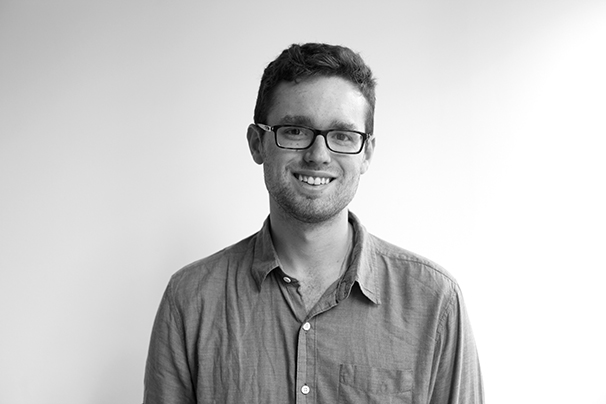On April 6, 1994, a private Dassault Falcon 50 jet carrying Rwandan President Juvénal Habyarimana was shot down as it approached the runway at Kigali International Airport. The crash triggered a genocidal slaughter unlike anything the world had seen since World War II. At least 800,000 people were murdered during the 100-day Rwandan Genocide. The country’s population was slashed by a fifth as Tutsi men, women and children were indiscriminately killed by organized Hutu militias. In the 20 years since the Rwandan genocide, the international community has been left with the task of delivering justice to the many victims and families of the dead. The severity of the Rwandan Genocide has caused rapid and surprising developments in the methods by which the perpetrators of crimes against humanity are brought to justice.
The U.N. Security Council established the International Criminal Tribunal for Rwanda in November 1994 for the “sole purpose of prosecuting persons responsible for genocide and other serious violations of international humanitarian law committed in the territory of Rwanda.” With almost 20 years of legal arguments and $1.7 billion in funding, the court has so far tried 75 individuals and convicted 49. Critics who contend that the ICTR has been grossly inefficient overlook the fact that the tribunal was never intended to try more than a handful of suspects who held leadership positions. Indeed, a significant achievement of the tribunal is its commitment to command responsibility — it secured the belief that leaders should be held responsible for actions carried out by subordinates.
In the months and years after the spring of 1994, thousands of Rwandans fled their war-torn country and sought asylum in Europe and elsewhere. Among the refugees were individuals suspected of being complicit in genocide and other crimes against humanity. Many of these individuals have since been apprehended by local authorities and brought to a domestic court where they faced genocide accusations. In June 2001, a court in Belgium convicted four Rwandan citizens of war crimes. In early 2014, a court in France convicted Pascal Simbikangwa of complicity in genocide and crimes against humanity. These convictions were echoed by courts in Germany, Canada, Finland, Norway, Sweden and the Netherlands many times over. The international legal legacy of the Rwandan Genocide is a strengthened principle of universal jurisdiction and a commitment to holding perpetrators of crimes against humanity responsible for their actions, no matter where they might be found.
The sheer scale of any mass atrocity is bound to overwhelm the domestic judicial organs of any single country. International assistance is therefore necessary for all countries emerging from the perils of genocidal violence. The 20th anniversary of the Rwandan Genocide charges us to remember that fact.
A version of this article appeared in the Monday, April 7 print edition. Peter Keffer is opinion editor. Email him at [email protected].


























































































































































